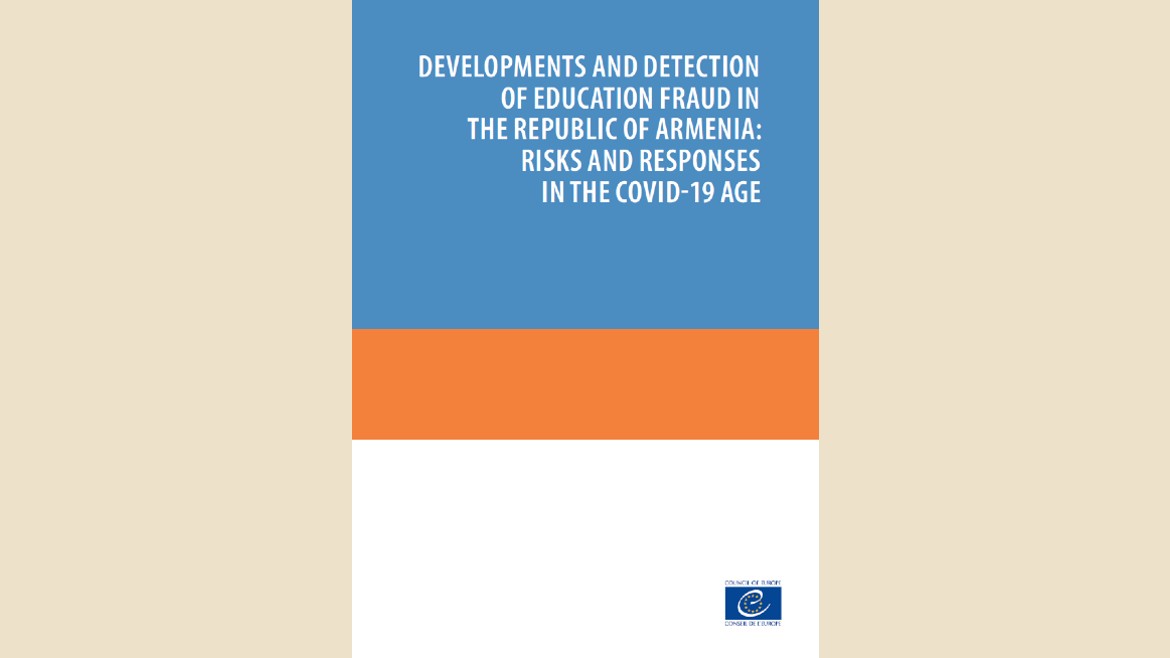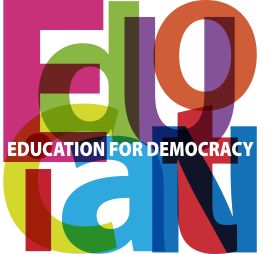The study “Developments and Detection of Education Fraud: Risks and Responses in the COVID-19 Age” was developed in May – December 2021 by a team of experts from the National Information Centre on Academic Recognition and Mobility of Armenia (ArmENIC) and a Council of Europe expert, with the financial support of the Council of Europe.
In an effort to highlight the importance and value of the principles of ethical practice in education at the European level, the study starts with an oversight of the Council of Europe Platform on Ethics, Transparency, and Integrity in Education (ETINED) and its fourteen ethical principles for education, as well as of developments in this area following the COVID 19 pandemic.
The study then discusses academic fraud and other forms of corruption in education in the Republic of Armenia in the context of the COVID 19 pandemic. The authors argue that the pandemic revealed the need to reconsider the traditional tools and policies used for transparency, accountability and anti-corruption measures in education. The unpreparedness of the education sector to act in a crisis has led to an increase in occurrence of various forms of education fraud. The rapid technological changes brought about by COVID-19 have also contributed to the development of this phenomenon.
According to the study, corrupt practices and various forms of education fraud that are common in Armenia are due to a wide range of factors, some of which go back to the pre-1991 past. The codes of conduct and other existing regulations are yet to show their full effectiveness, especially in the context of the pandemic and its aftermath.
The study concludes with a series of recommendations on improving the national and institutional regulations on fighting various forms of education and research fraud, such as: increase the autonomy of universities and ensure the equality of public and private universities; perform monitoring over the educational documents and create an integrated database; raise the level of the general public’s awareness about fraud and corruption in education; establish an independent committee for inspecting education fraud.
The study will be disseminated widely among the Armenian education community and will be used by ArmENIC and other stakeholders in Armenia to carry follow up activities related to ethics and integrity in education. The study will also be presented to European education decision makers and practitioners at the upcoming ETINED Plenary meeting in November 2022.
The full study in English may be downloaded here; the Armenian language version will be available in the coming weeks.




